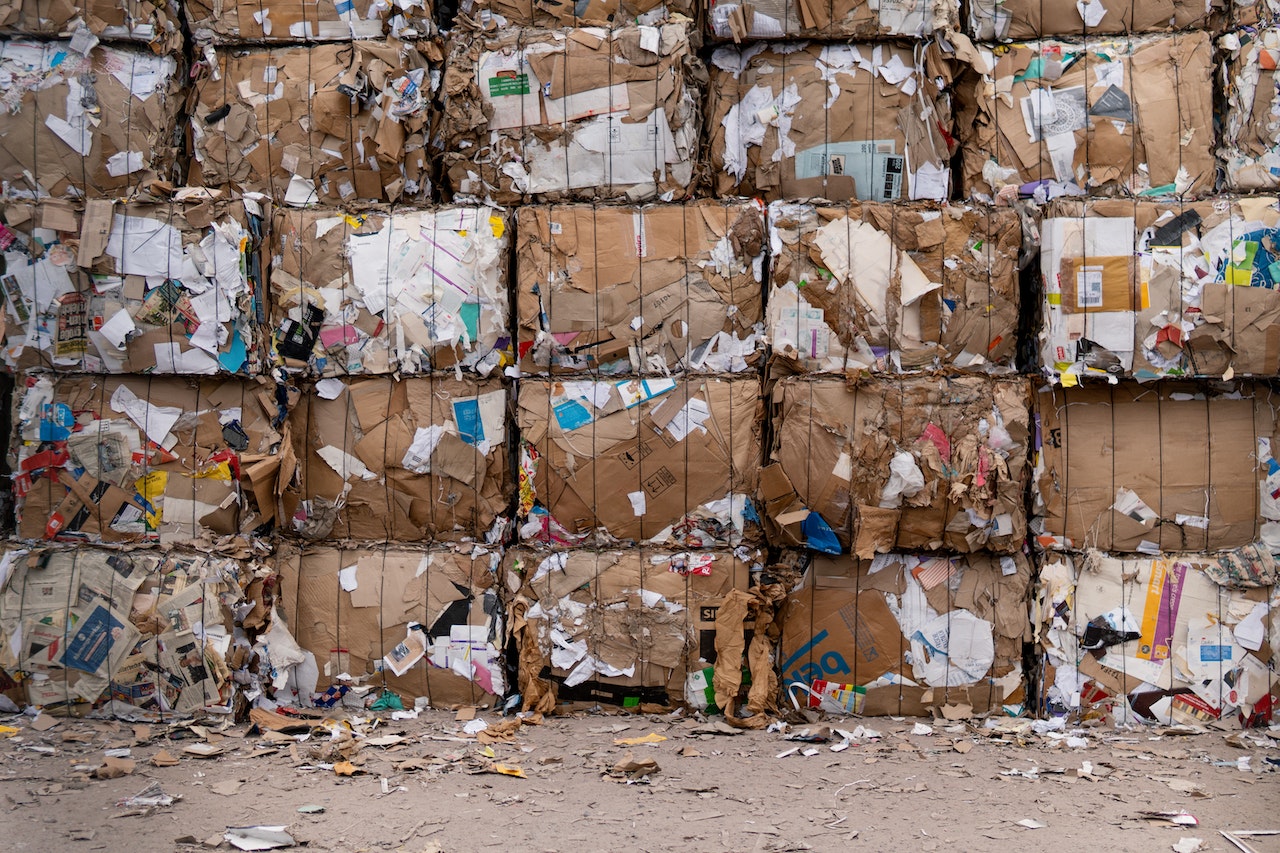Managing waste is an essential aspect of any business, regardless of its size or industry. However, the cost of disposing of business waste can be a significant concern for many companies. In this blog post, we will dive into the disposal costs of business waste, different types of waste generated by businesses, and explore the main causes of waste in a business environment.
So, let’s get started with your commercial waste costs!
Business Waste Collection Cost
One of the primary expenses related to business waste disposal is the cost of waste collection. This cost can vary depending on several factors, including the size of the waste bins, the frequency of collections, the type of waste being disposed of, and the location of your business. Working with a reliable waste management company can help you find the most cost-effective waste collection solution for your needs.
Commercial Waste Disposal Guidelines
It’s essential to note that businesses have a legal obligation, known as the ‘duty of care,’ to ensure their waste is handled and disposed of correctly. This includes obtaining a waste transfer note from a licensed waste carrier when waste is collected. Failing to comply with these regulations can lead to substantial fines.
Business Waste Examples
There are numerous types of waste generated by businesses, and the specific waste produced will depend on the industry and business operations. Some common examples of business waste include:
- General waste: This category includes everyday rubbish such as packaging materials, office supplies, and food waste.
- Recycling waste: Items that can be recycled, such as paper, cardboard, plastic, glass, and metal.
- Hazardous waste: Waste that poses a threat to the environment or public health, including chemicals, solvents, and asbestos.
- Electronic waste: Discarded electronic devices, such as computers, smartphones, and printers.
- Construction waste: Debris generated from construction or demolition projects, including bricks, concrete, and wood.
Main Causes of Waste in a Business Environment
To effectively manage waste and reduce disposal costs, it’s crucial to understand the primary causes of waste generation in a business environment. Here are some of the main factors that contribute to the creation of waste:
- Inefficient processes: Inadequate planning and organisation can lead to unnecessary waste, including excess materials, energy, and time. Regularly reviewing and optimizing your business processes can help minimise waste and save money.
- Overproduction: Producing more goods than required can result in wasted materials, storage costs, and disposal expenses. Accurate demand forecasting and inventory management can help prevent overproduction.
- Packaging: Excessive or non-recyclable packaging materials can lead to increased waste and disposal costs. Opting for sustainable and minimal packaging solutions is both environmentally friendly and cost-effective.
- Lack of recycling facilities: Without proper recycling facilities, businesses may end up sending recyclable waste to landfill sites, incurring landfill tax and harming the environment. Investing in recycling infrastructure and collaborating with a waste management services provider can help improve recycling rates.
- Poor waste segregation: Mixing different types of waste can increase disposal costs and make recycling more difficult. Implementing a waste segregation system with clearly labelled waste bins can help ensure waste is correctly separated and disposed of.
Reducing Commercial Waste Disposal Costs
To minimise disposal costs in commercial waste disposal, businesses can take several proactive steps:
- Waste audits: Conducting regular waste audits can help identify the sources of waste and areas for improvement.
- Waste reduction strategies: Implementing waste reduction strategies, such as lean manufacturing and just-in-time production, can help reduce the amount of waste generated.
- Employee training: Educating employees about waste management and recycling practices can encourage them to minimise waste and contribute to a more sustainable workplace.
- Reuse and recycling: Reusing materials and recycling waste can help divert waste from landfills and reduce disposal costs. Partnering with a waste management company that offers recycling services can help ensure that recyclable materials are processed correctly.
- Hazardous waste management: Properly managing hazardous waste is essential to avoid potential fines and environmental damage. Engaging a specialist waste carrier to handle hazardous waste disposal can help your business stay compliant with regulations.
- Waste management contracts: Negotiating waste management contracts with a reputable waste management services provider can help businesses secure the most cost-effective and environmentally friendly waste disposal solutions.
- Preventative maintenance: Regular maintenance of equipment and machinery can help prevent breakdowns and reduce waste related to repairs and replacements.
- Sustainable procurement: Choosing suppliers that prioritise environmentally friendly practices and products can help reduce the waste generated through procurement processes.
- Waste tracking and reporting: Monitoring and reporting on waste management performance can help identify trends, highlight areas for improvement, and demonstrate your business’s commitment to sustainability.
Book Your Commercial Waste Collection & Recycle Your Business Waste
At Bailey’s Skip Hire & Recycling, we specialise in collecting and recycling business waste for businesses in Northamptonshire and surrounding. If your business is looking for a sustainable commercial waste disposal service, we are here to help. Our team will transport materials to licensed recycling facilities to be fully repurposed into new products. This means you are saving money whilst adopting an environmentally friendly waste strategy.
This commercial waste service will help you reduce landfill waste and deal with waste responsibly. Our waste carrier will ensure a quick collection from your business premises, making sure all the waste is recycled where possible. The type of waste we collect includes general waste, trade waste, plastics, green waste, wood, metal and more. Our waste collection service works with local businesses ensuring they can separate waste and boost recycling rates.




